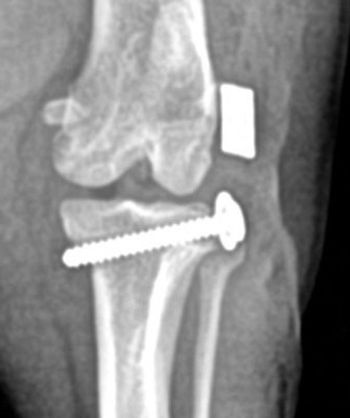
|Articles|February 11, 2010
Daily Dose
Find out how you can better locate nerves for nerve blocks.
Advertisement
Untitled Document
“The success rate of both brachial plexus block techniques, as well as other nerve blocks, may be improved with the use of a nerve locator, which helps to accurately locate the peripheral nerves.”
Advertisement
-Christine Egger, DVM, MVSc, DACVA, and Lydia Love, DVM
Newsletter
From exam room tips to practice management insights, get trusted veterinary news delivered straight to your inbox—subscribe to dvm360.
Advertisement
Advertisement
Advertisement
Trending on dvm360
1
Texas Tech to launch its first food animal residency program amid rural vet shortage
2
Drug for delaying congestive heart failure in dogs is approved by the FDA
3
How to talk to clients about isoxazolines
4
USDA issues a permit for Santa's reindeer to enter the US
5




